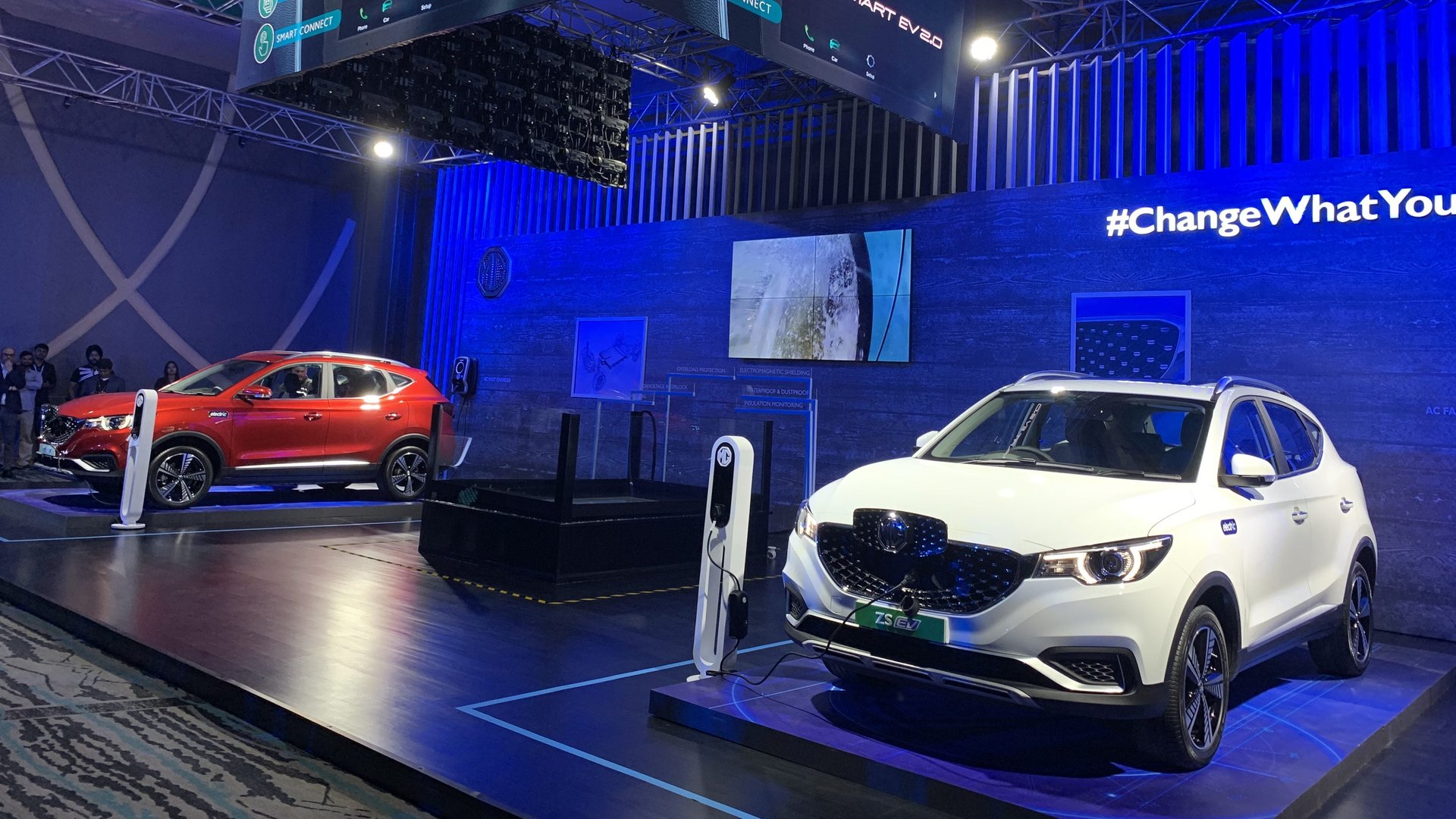Two international EVs may end India’s “range anxiety,” if buyers ignore the price tag
If you were thinking of buying an electric car in India, you’re about to get one of the basic privileges of a customer: choice.


If you were thinking of buying an electric car in India, you’re about to get one of the basic privileges of a customer: choice.
MG Motor, a subsidiary of the Chinese state-run auto giant SAIC, announced yesterday (Dec. 5) that it will launch the ZS EV in the Indian market next month.
The sports utility vehicle (SUV), which can travel around 340 km on a full charge, will be the second long-range electric vehicle in India. It follows Hyundai’s Kona SUV, which was launched in July and can cover up to 452 km when fully charged.
Public charging infrastructure does not exist in India. Predictably, the short-range electric car models from domestic manufacturers Tata Motors and Mahindra & Mahindra have found little interest.
While the ZS EV and the Kona pretty much put an end to a driver’s “range anxiety,” they are more expensive. The Kona is marked at Rs23.71 lakh ($33,000)—more than double the price of a Tata Tigor EV or a Mahindra e2o. But the real competitors are the comparable diesel-fuelled models. Hyundai’s own Venue is priced at Rs11.1 lakh. MG is yet to reveal the tag on the ZS EV, but has said that the SUV’s price would be similar to that of the Kona.
Due to this massive divide in upfront cost to the customer, electric cars have not found the big market that India is otherwise known for. The Kona has received only 302 bookings so far, according to a company statement.
About 55% of all passenger vehicles sold in India cost less than $8,000, according to Allen Tom Abraham, an analyst at BloombergNEF. The market research firm is upbeat about the future of electric cars, but still expects India to lag the rest of the world. It estimates that even by 2030, only 6% of vehicles sold in the country will be electric.
But the entry of the two long-range SUVs will act as a trigger for new launches, said Puneet Gupta, an associate director at market researcher IHS Markit. Already, Nissan, Audi, and Renault have indicated that they will bring their electric models to India over the next few months. Domestic manufacturers Tata and Mahindra have also announced various new makes for 2020.
The carmakers are not necessarily looking at high sales but are rather “acclimatising” Indian customers to the idea of owning an electric car, said Deepesh Rathore, co-founder of the automotive consultancy Emerging Markets Automotive Advisors. “The Kona is placed in Hyundai dealerships as a showpiece,” he added. “When the customer walks in, they won’t buy it, but will feel attracted to it in a way that they aren’t to the Tigor or the e2o.”
Consumers may even end up beating the industry’s expectations. “When Maruti came with the 800 model in 1983, Indian customers shifted from Premier 118 and Ambassador. When the Koreans brought expensive designs in 1999 and then the Europeans in 2005-06, customers again shifted because the technology was better,” Gupta said.
Could the rise of electric cars also spring a similar surprise? Hyundai and MG will be first ones to find out.